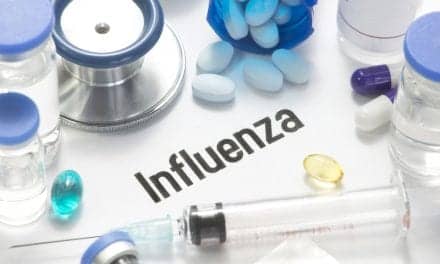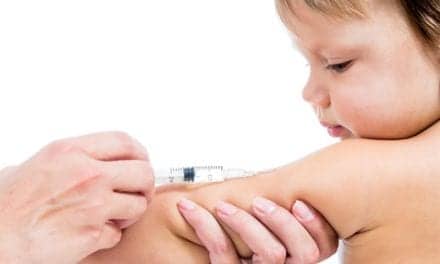In spite of increased public discussion of the importance of influenza vaccines this year, American adults are being vaccinated against the seasonal flu at nearly the same rate they were last year, according to a new RAND Corporation study.
As of the middle of November, about 32% of all US adults and 37% of adults recommended to receive a flu vaccination had been inoculated against the seasonal influenza, according to an announcement about the study results. Additionally, the researchers found that 17% of all adults and 19% of those recommended for vaccination intended to receive the seasonal flu vaccine by the end of the vaccination season.
"It does not appear that the increased public discussion of the role of influenza vaccines has had a significantly impact on the public’s behavior," said lead author Katherine Harris, a senior economist at RAND. "Most of the results from our latest survey look much like those from last year."
The study also found that nearly half of health care workers had been vaccinated by the middle of November this year, roughly the same proportion that was vaccinated during the entire season last year. However, 40% of health care workers reported they had no intention of being vaccinated despite the risk of transmitting influenza to patients.
One difference the study uncovered is that adults began getting the seasonal flu vaccine earlier this year, compared with 2008.
The researchers point to availability of the seasonal influenza vaccine as a possible part of the reason for the vaccination rates. Among those intending to be vaccinated, about 38% said there was no vaccine available when they tried to get inoculated.
"This finding highlights one of the public health challenges that we face in a year when a pandemic flu has made an appearance," said Harris. "The early surge of uptake was attributed to additional awareness about seasonal flu vaccination in a pandemic year. It’s important to keep this early interest in mind when planning for future pandemics."
The study found little evidence that people were forgoing seasonal influenza vaccine in order to be vaccinated against H1N1.








